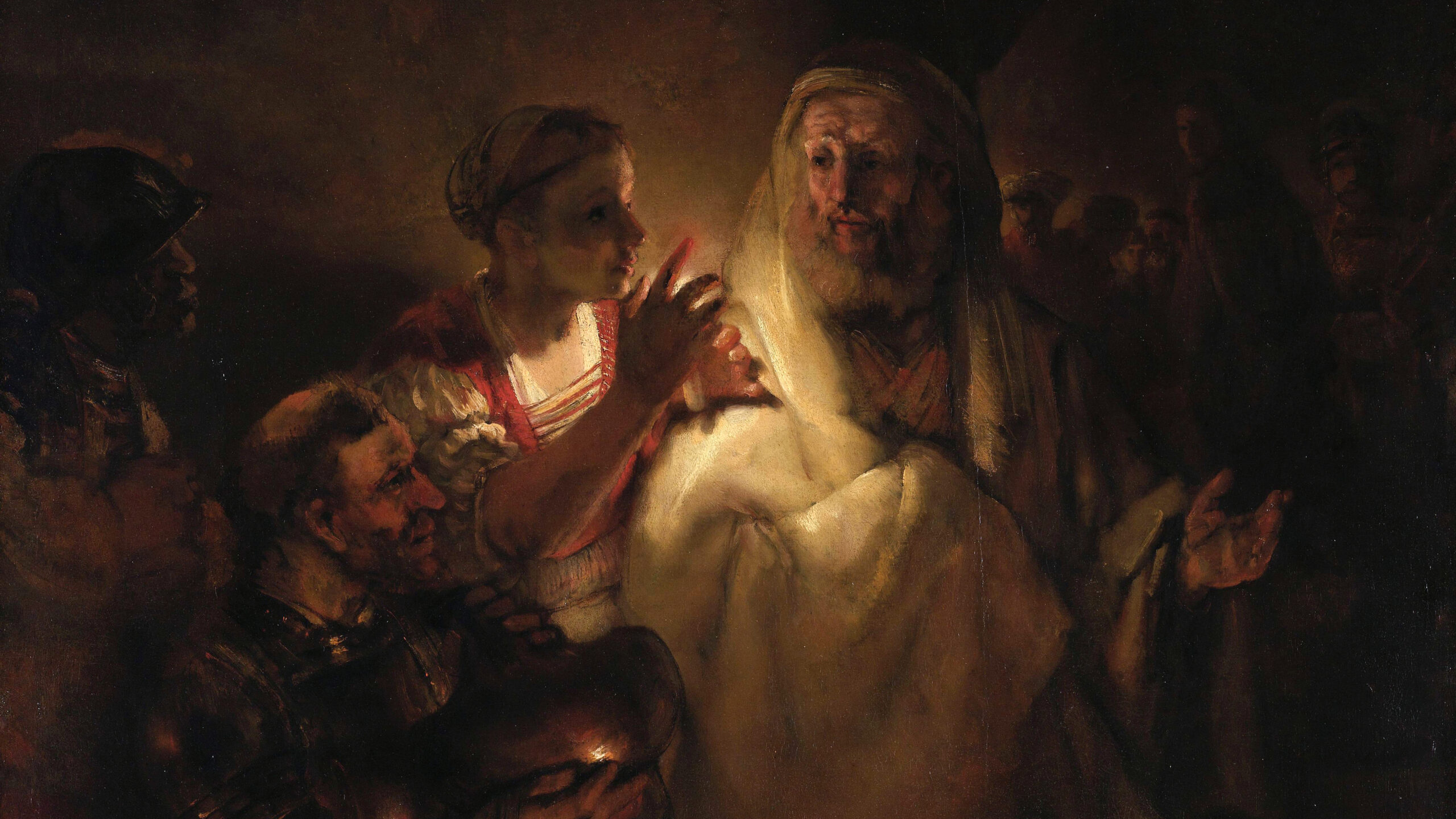Throughout the entire history of the Church, men and women, such as Peter, have heroically paid the ultimate price for their Christian faith. Stories like these touch the deepest parts of our souls and stir up something powerful within us. They both break and inspire our hearts as we hear the gut-wrenching details of their suffering and heroic love for Christ. Although we may not be able to fathom the reality that these saints faced, we can’t help but wonder what we would do in such a circumstance. How would we respond when faced with the same question Jesus posed to Peter: “Will you lay down your life for me?” We may never face the ultimate life-or-death question that so many martyrs did, but it is prudent for us to recognize that, in a certain sense, we face this question every day. We are called to emulate the lives of the martyr—not through physical death but by embracing martyrdom in everyday life.
It is easy to be scared of what we don’t understand, and death is no exception to this statement; you will probably encounter few people in this lifetime who are ready to die. That is part of what makes the stories of the martyrs so compelling—to stare death in the face and accept it is something difficult for many of us to fathom. Yet the thousands of martyrs in the history of the Church did something far grander than simply die. If death was the only thing they did, there would be nothing to celebrate or honor. It is the fact that they died for the sake of Christ, reflecting in their actions the same selfless sacrifice that he made for us. Their sanctification comes from the action being offered for the sake of Christ and his mission, and not from the action itself. Yet, if we are never to face a situation that will call us into such an offering, it can be difficult to see how the martyrs can provide any useful insight into our own sanctification.
At the surface, we may find a general sense of inspiration and courage from their stories, but there is far more to gain. While there is a temptation to focus on the single moment that made these men and women saints, their lives are much more complex. Their sainthoods were formed by the accumulation of many small moments that led them and prepared them to undergo their suffering. Whether it was fasting, isolating themselves from their family and friends to follow God’s call, or offering up their labor for God’s greater glory, they understood what it meant to be an everyday martyr—someone who dies to themselves each and every day for the sake of Christ. By dying to themselves day in and day out, they unknowingly prepared themselves for that ultimate test of faith. Through the examples they set, we can see that we, too, are capable of participating in a lower form of martyrdom every day.
In the hidden life of the everyday Christian, we are invited to intimately participate in Christ’s redemption. Although we may feel like distant observers to this, we see that the martyrs offer us an example of how to truly be present: by putting Christ at the center of our actions. To do this, we must embrace the everyday martyr mentality. Through dying to our lower desires and clinging to things that are higher, we are not only living like Christ, but as Venerable Fulton Sheen once said, we are being “changed into Christ.” This is the aim of all Christians—martyrs and non-martyrs alike. From embracing this mentality, there is hope that not only are we changed into Christ but that our families, and ultimately this world, may be too.
The Lenten season has traditionally been a time dedicated to embracing this type of prudence and obedience, but many of us stop at Lent. However, the call to everyday martyrdom continues throughout the entire calendar year. We are always called to reject that which is lower and cling to the higher. It may be a struggle, but it is one worth fighting for. When we fail, we can look to the martyr we mentioned earlier, Peter, for hope and inspiration. As a child, I remember I despised Peter for rejecting Christ during the Passion. No “real” man would ever do such a thing, I thought. To me, this made him weak and a coward. It wasn’t until I realized how easily I fall into sin (and when the stakes are far lower than those that Peter faced) that I began to understand his decision. Peter’s actions—like many of ours—were not only wrong; they failed to live up to the standards of the everyday martyr mentality. However, Peter showed us how we should respond to such failures. He repented and re-committed himself to living a life for the sake of Christ. The next time Peter would have to answer the “Will you lay down your life for me?” question, he would be ready to say yes and mean it.
